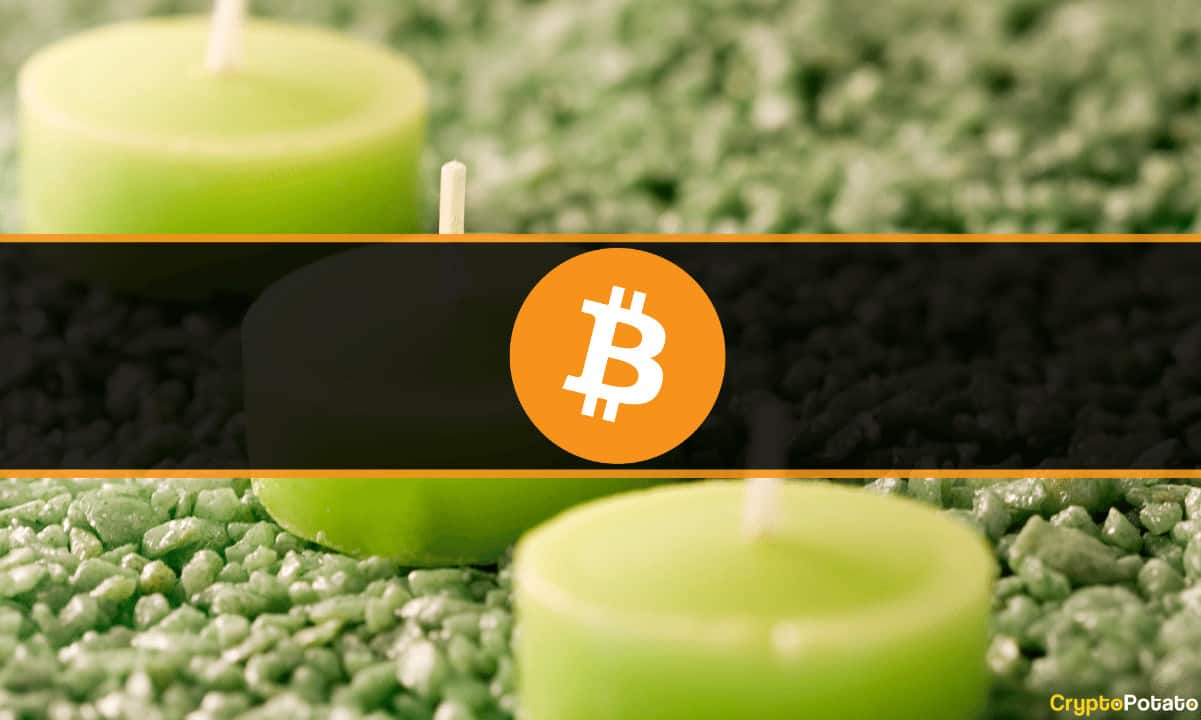News broke yesterday that the US Securities and Exchange Commission has temporarily halted the token sale of Telegram’s TON cryptocurrency. According to documents, the SEC’s reasoning is that the token sale is unregistered and fails to comply with regulations. Let’s examine the differences between this episode and what recently happened with EOS.
Telegram’s Token Sale Halted
Back in January 2018, Telegram raised a substantial amount of capital – over a billion dollars worth – to develop its own blockchain, dubbed the Telegram Open Network. As CryptoPotato reported, the company was supposed to launch its cryptocurrency wallet in either October or November of this year.
However, it appears that Telegram’s plans may be for naught, as the SEC has stepped in, obtaining a restraining order against Telegram and the Telegram Open Network. According to an official release, the commission found that the cryptocurrency sold during last year’s sale was done so unlawfully.
Stephanie Avakian, Co-Director of the SEC’s Division of Enforcement, noted:
Our emergency action today is intended to prevent Telegram from flooding the U.S. markets with digital tokens that we allege were unlawfully sold. […] “We allege that the defendants have failed to provide investors with information regarding Grams and Telegram’s business operations, financial condition, risk factors, and management that the securities laws require.
Adding to the point was Steven Peikin, another co-director of the Commission, who stated that Telegram had sought to obtain the benefits of a public offering without complying with existing regulations.
Just last week, the SEC slapped EOS with a $24 million fine for conducting an unregistered ICO which raised upwards of $4 billion.
What’s Different With the EOS Case?
Following the SEC action against EOS, CryptoPotato spoke to Tomer Ravid, CEO at BloxTax, who explained at length the merits of the charge and why the amount was insignificant given the amount of capital that Block.one had managed to raise.
Following the Telegram action, we reached back out to Ravid, and he explained how the two situations differed. According to him, the main difference is that EOS had little to no business activity prior to its Initial Coin Offering. Hence, there was little to disclose. On the other hand, Telegram is a real company with real activity, so there is the expectation that it would have needed to disclose a lot of information. He also said that the SEC seemingly believes that there may have been fraudulent activity, which is something that wasn’t part of the case against EOS.
Additionally, Ravid noted a similarity with the claims that the SEC made against Kik. He said that there had been a lack of disclosure and a failure to provide information that a reasonable investor would need to have in order to formulate an investment decision. This was also claimed in KIK’s case, which was the basis for the fraud claim against the company.
Although we have yet to see how the situation will develop, it’s clear that the SEC is stepping up and taking serious actions against companies that seek to access the US capital market through an initial coin offering or other kinds of token sales.
The post SEC Halts Telegram (TON) Sale: How Does it Differ From the EOS Case? appeared first on CryptoPotato.









